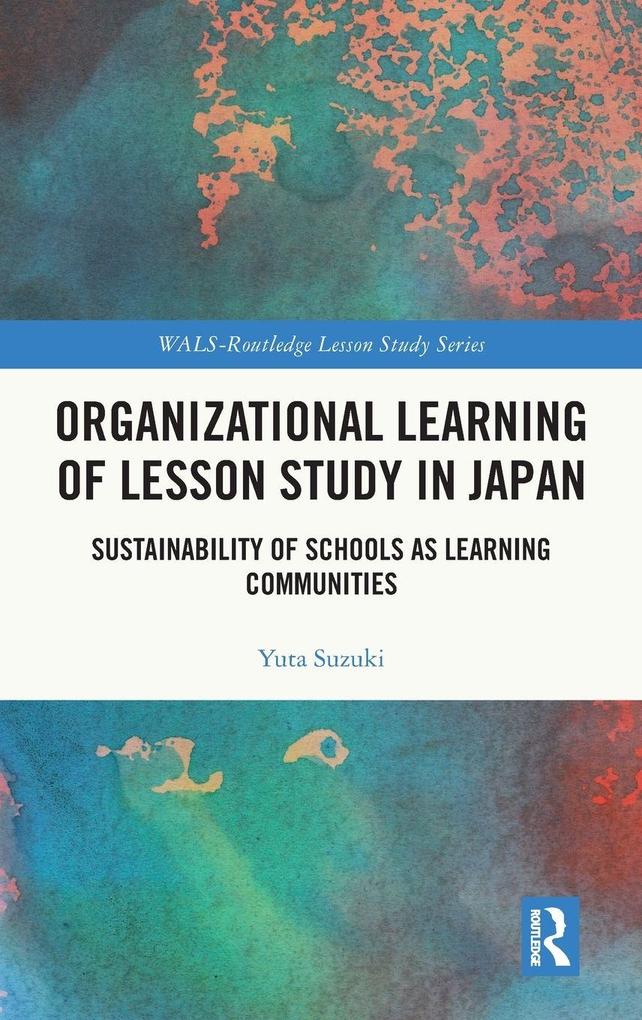This book examines the sustainability of school reform for Schools as Learning Communities (SLC), from the theoretical perspective of organizational learning of lesson study. Starting with a Japanese pilot school in 1998 and continuing on a global scale over the past quarter-century, school reform for SLC has been one of the most influential styles of school reform in modern times.
Suzuki focuses on the difficulties of sustaining school reform which can prove even more difficult than initiating it. His book answers key questions around the sustainability of school reform and how organizational learning of lesson study can contribute to sustained school reform. This book, which analyzes the narrative teaching records of the global pilot school that challenged the sustainability of school reform, is based on the author's more than 15 years of fieldwork and action research to the school and is distinctive in its adherence to an attitude of listening to the voices and learning from the practices of teachers in the school.
It will be of interest to any researcher, practitioner, or postgraduate student looking at school reforms, lesson study and SLC.
Inhaltsverzeichnis
Table of Contents
About the Author
Series Editors' Foreword
Preface
Acknowledgements
1. Introduction: Organizational Learning of Lesson Study: Towards Sustainability of School Reform for Schools as Learning Communities (SLC)
Part I
2. "Toddling" Hamanogo Elementary School (HGE)
3. Formation of Narrative Records of Lesson Study
4. Development of Narrative Records of Lesson Study
Part ¿
5. Double-Loop Learning to Question the Idols
6. "Low-Flying" Hamanogo Elementary School (HGE)
Part ¿
7. Formation of Reflective Practices
8. Development of Reflective Practices
9. "Creating, Opening, and Narrating Lessons": "Second Golden Age" of Hamanogo Elementary School (HGE)
10. Conclusion: Characteristic Organizational Learning of Lesson Study in School Reform for Schools as Learning Communities (SLC)
Bibliography
Index













